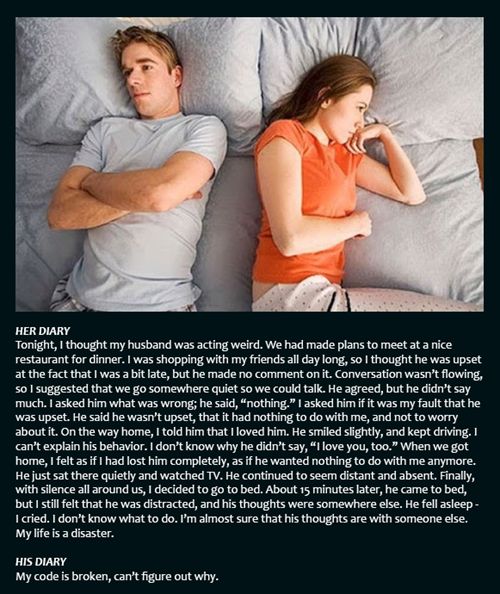This is the sequel to part 1 . In short, I inadvertently scared a cat, she ran onto the road and was hit by a car.
What a relief
The cat spent a few days on a drip. Despite the initial suspicion based on the symptoms, her bladder was intact. As well as that, she was able to move her feet and so we knew the spine was OK. In order to be able to know whether she’d make it, we needed to X-ray her. As we all know, X-ray presupposes that the object doesn’t move – and for an animal that means sedation. As she was quite unwell after the accident, they delayed the X-ray. Those 2 days were pretty hard for me.
The morning of the X-ray, my mother and I went up to the clinic as soon as it opened. The exhausted post-call vet did the X-ray. It transpired that her pelvis is broken as is the distal femur. The femur fragment was more aligned with the tibia than it was with the femur…
By the cage-side, the vet asked me: “What do you want?” English isn’t his native tongue. He was asking me whether or not I wanted for him to operate (as distinct from putting her down). I didn’t understand what the X-ray findings implied at this point.
The vet explained that within about 2 weeks she will be back walking – and fully recovered within 6. A light shined somewhere inside of me.
The cat was asleep still with the X-ray sedative. Her surgery is booked for Monday.

Some thoughts pass by
As I stand there, petting the poor cat, I hear a number of people crying inconsolably in the examination area. I instantly think: “That’s a very intense reaction in the context of a pet.” How could I possibly think this? Seconds after finally finding out the cat will get better after narrowly escaping death, after spending 3 days on the verge of tears, for that short moment their whaling seemed incomprehensible.
The Buddhists say that thoughts are like the weather: they aren’t really ours or anyone’s. What makes the difference is what we do with those thoughts.
I was certainly letting that particular thought dissolve.
It is interesting to note how quickly one can become unempathetic once their own pain subsides.
In that same vein, my guilt felt much diminished all of a sudden.
Guilt is confusing. In theory, it should be related to our actions, in reality, it is closely related to consequences beyond our control.
My actions could have lead to the cat’s immediate death – or her needing to be put down due to injuries that the veterinary medicine couldn’t help with. Now that I know that the cat will get better, I feel that my efforts over the last few days paid off – and the guilt is melting away. It’s not gone, but it is smaller. Feelings are, by definition, irrational – and all the more interesting to observe.
Trying to regain focus
On Monday, I am angsty – and it’s a bit difficult to hold it together in the office. I think I have a low grade fever. In my job as an editor of a healthcare publication, my mind kept shifting to the cat at each hiatus. I both do and don’t want to think about the cat. I do – I am naturally drawn to thinking about the poor creature. I don’t – I know that there’s nothing to gain by obsessing at this point. While focusing is hard, it is also pleasant because it takes my mind away from replaying the events of the last few days, perhaps, being a bit self-destructive.
This self-inflicted limbo is the standard MO for many of us. Just as we approach any fears, hopes or potentially unpleasant realisations – we look away and shift out attention on to our phones, our emails, work, whatever.
I made a conscious effort to focus by reminding myself to be here and taking a few deep breaths to interrupt the distraction.
I rang twice to see whether she’d had her surgery. These conversations are awkward as the receptionist keeps asking for the cat’s name – but the cat doesn’t have one. I didn’t name her because I felt it wasn’t my place. However, at this point this was clearly a vanity in the way of the cat’s welfare as it was interfering with communication. The vet referred to her as Tiger-cat because of her fur colour. I decided that will be her “working-title” name now, Tiger. I was told that the surgery will take 2 hours and is planned for 3 pm. Good luck, little kitty.
When I arrived to see her, she was just waking up. She was well though dizzy as the anaesthetic was wearing off. Over the last few days, she’s been improving. Her appetite is huge. She’s going to get better. I think I am repeating that too much.

Lessons in guilt
- Guilt causes dangerous self-hatred.
Rationality and the survival instinct kick in to say that it is important to forgive myself.
- Guilt caused me to not judge the situation as good or bad.
I see myself as part of the chain of events that caused so much pain for this innocent creature. All that was relevant was what I could do now to make things better – and what I could learn from the experience.
- Guilt reminds me to be grateful by making me more aware.
This story reminded me of how transient and fragile we are. I am second guessing my decisions more too.
- Imagining the world from the point of view of an animal is an incredibly good way to activate one’s empathy.
Words don’t matter here. There’s no explaining what happened, no blaming – action is the only meaningful thing.
- The conscience screams that I ought to do everything I can to make it better for the victim.
It also questions whether I am labouring to alleviate my guilt – or help the victim, as those two things aren’t the same. Guilt evolved so as to minimise the consequences of a “bad” action for me, not for the victim.
- Guilt is a strong motivator.
After realising my poor judgement and various ways I was incompetent, I was still able to mobilise my resourcefulness so as to do the most I could.
- Guilt makes the rest of the world appear unempathetic and self-obsessed – until of course it subsides.
Then one is left wondering how they were so passionately involved and how people in similar situations are so overwhelmed. Genuine empathy cannot be consistently sustained.
- Shame is part of guilt.
It is evolution’s way to minimise the consequences of our mistakes. It’s another reason why people write fiction and express experience in parables.
- Strong stress sends attentional bias into overdrive.
For work, I had to email an academic at a Catalonian hospital called Sant Pau – his email address ended in @santpau.cat. All I could think of was the cat and her paws…
I hope this story helps someone learn from my mistakes. I will certainly be rereading it time and time again to make sure I learn.





